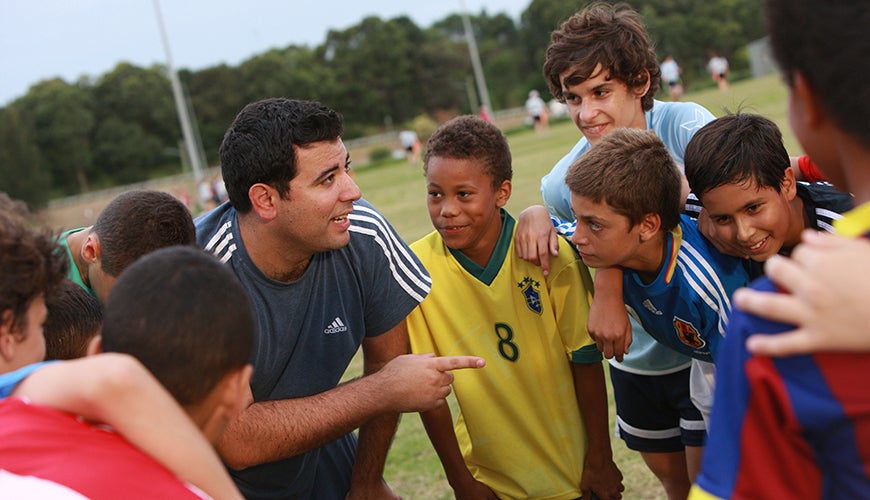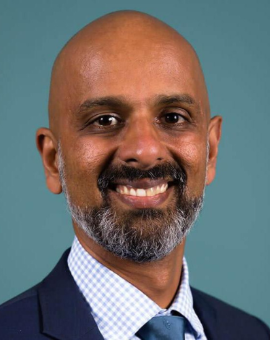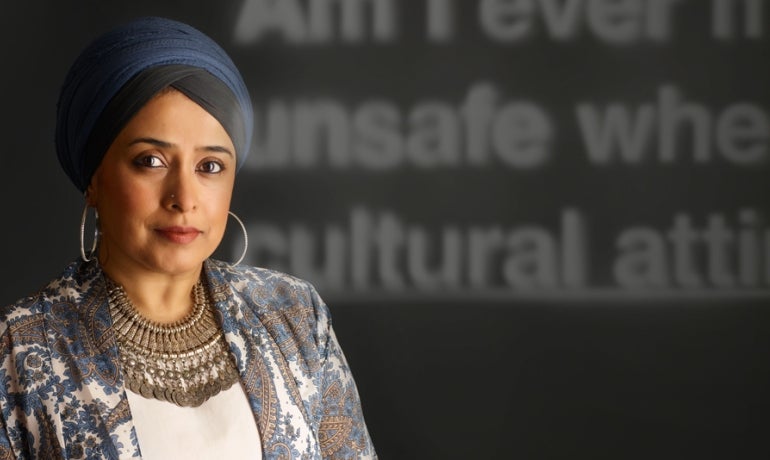Race Discrimination
Join us in building communities where people of all cultures and backgrounds feel safe, respected and included.

Meet the Commissioner
Giridharan Sivaraman
Giridharan Sivaraman commenced as Race Discrimination Commissioner on 4 March 2024.
Prior to becoming Commissioner, Mr Sivaraman was Principal Lawyer with Maurice Blackburn, where he led the firm’s Queensland Employment Law department, ran numerous state and national race discrimination cases and led the pro bono compensation scheme for underpaid 7-Eleven workers. He also held the position of Chair of Multicultural Australia from 2021-2024 and was a member of the Queensland Multicultural Advisory Council from 2019-2024, where he was an advocate for the rights of victims of racial vilification.
He also appeared at a state parliamentary inquiry to demand legal reform to better protect the rights of victims of racial vilification. In his advocacy, he has committed to the protection and promotion of the rights of First Nations peoples.

Latest News
Race Discrimination Commissioner urges unity in wake of Sydney attacks
Australia’s Race Discrimination Commissioner, Giridharan Sivaraman, has urged communities to embrace compassion and reject division, following two stabbing attacks in Sydney this week. Commissioner Sivaraman extended his condolences to all impacted by the attack at the Christ The Good Shepherd...

Anti-racism grant to support communities affected by war in Gaza
The Australian Human Rights Commission will undertake further anti-racism work to support communities in Australia affected by the war in Gaza and the Middle East, supported by a $2 million grant from the Commonwealth. The grant responds to an increase in racism targeting Palestinian, Muslim, Arab...

